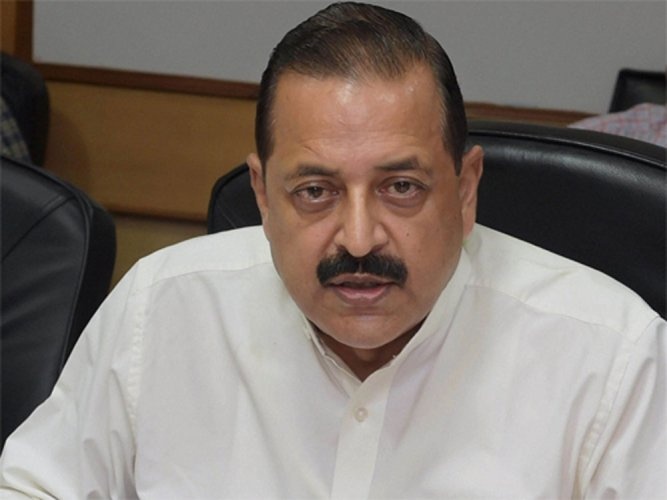
Expanded Leave Benefits for Central Government Employees
India’s central government has introduced a significant policy update allowing its employees to utilize up to 30 days of earned leave annually for caregiving responsibilities involving their elderly parents. Union Minister of State for Personnel, Public Grievances, and Pensions Jitendra Singh announced this change during a parliamentary session, emphasizing its role in supporting work-life balance. The revised provisions under the Central Civil Services (Leave) Rules, 1972, now explicitly permit employees to allocate their annual leave entitlements to address familial care needs, including but not limited to elderly parents. This adjustment reflects a growing recognition of the challenges faced by working professionals in managing personal and professional obligations simultaneously. The policy aims to foster a more compassionate and flexible work environment while ensuring employees can fulfill their caregiving duties without compromising career progression.
Comprehensive Leave Entitlements for Government Employees
Under the updated framework, Central Government employees are granted a multifaceted leave structure to accommodate diverse personal needs. In addition to the 30-day earned leave for caregiving, they are also entitled to 20 days of half-pay leave, 8 days of casual leave, and 2 days of restricted holiday per year. These provisions, Singh noted, are designed to provide financial flexibility and time for unexpected personal circumstances. The inclusion of specific leave types for caregiving underscores the government’s commitment to addressing the evolving demands of its workforce. Employees can now strategically allocate their leave days to manage both professional and familial responsibilities, ensuring a better work-life balance. This policy shift is expected to enhance employee satisfaction and retention, particularly in sectors where caregiving duties are prevalent.
Policy Implications for Work-Life Balance
The new leave provisions represent a pivotal step toward modernizing workplace policies in India. By explicitly allowing employees to use their leave for caregiving, the government is acknowledging the critical role of family support in maintaining productivity and mental well-being. This change is particularly impactful for employees in demanding roles, such as healthcare, education, and public administration, where caregiving responsibilities often intersect with professional duties. The policy also aligns with broader societal trends emphasizing the importance of intergenerational care. While the 30-day earned leave is a notable addition, the cumulative effect of all leave types—half-pay, casual, and restricted holidays—creates a more adaptable framework for managing personal and professional obligations. This holistic approach is likely to reduce stress among employees and improve overall workplace morale.
Historical Context and Policy Evolution
The current leave entitlements for Central Government employees are rooted in the Central Civil Services (Leave) Rules, 1972, which have been periodically reviewed to reflect changing societal needs. The recent amendments mark a departure from the previous rigid structure, which did not explicitly address caregiving responsibilities. This evolution highlights the government’s responsiveness to contemporary challenges faced by its workforce. By integrating caregiving into the leave policy, the government is not only supporting its employees but also promoting a more inclusive and supportive work culture. The policy change also aligns with global trends in workplace flexibility, where organizations are increasingly recognizing the value of family-friendly policies in retaining talent. This shift is expected to set a precedent for other state governments to adopt similar measures, fostering a more equitable work environment across the country.
Broader Impact on Government Operations
The implementation of these leave provisions is likely to have far-reaching implications for government operations. While the policy focuses on employee well-being, it also aims to ensure that caregiving responsibilities do not compromise service delivery. By enabling employees to manage their personal duties without sacrificing work performance, the government can maintain operational efficiency. Additionally, the policy may contribute to reducing absenteeism and improving employee engagement, which are critical for effective governance. The inclusion of half-pay leave, for instance, allows employees to take time off while still receiving partial income, mitigating financial strain during caregiving periods. This balance between personal and professional obligations is essential for fostering a motivated and dedicated workforce. As the policy takes effect, its success will depend on clear communication, implementation guidelines, and ongoing evaluation to address any unforeseen challenges.




